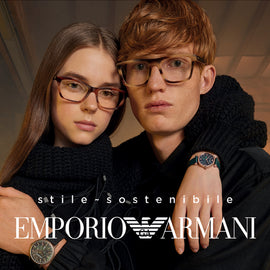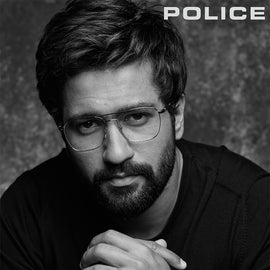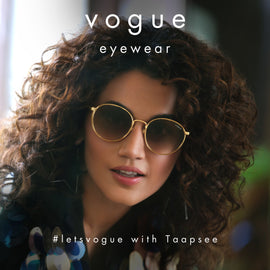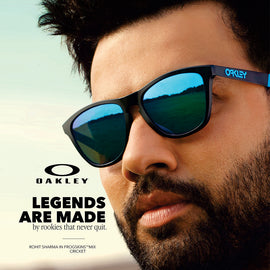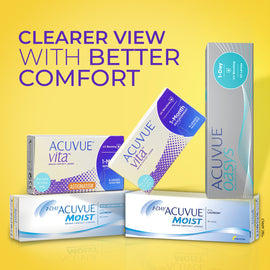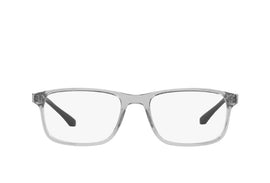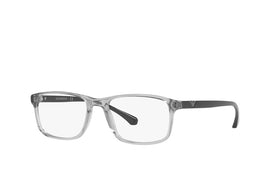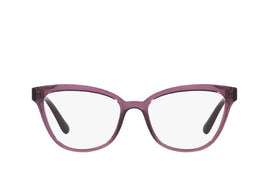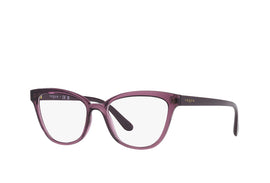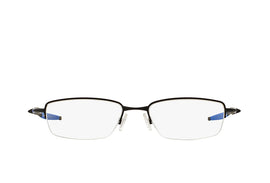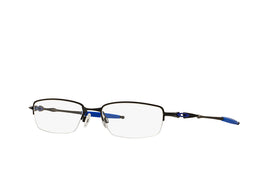Right Age to start wearing Contact lenses - the problem is not the age, it’s you
“She is still too young to wear contact lenses.”
“Let her complete matriculation, and then we’ll think about contact lenses for her.”
“He is too naughty to wear contact lenses.”
These are some of the common resistances that I have received from parents on several occasions when I advised contact lenses for their kids. The problem is they have tunnel vision in their quest to help a child achieve goals and they strictly dominate decision making on behalf of their youngsters, believing they know what’s best.
I appreciate it’s not a lack of empathy that drives this single-mindedness, though. In fact, it’s quite the opposite. Out of ignorance or you may call it prejudices; they have problem breaking away from their overprotective approach. So, when their eye care doctor gives them an advice which contradicts their own beliefs, they resist.
That’s not all. There is another side to the picture.
There are parents who ask, “Are contact lenses safe for my child, when their kids first express an interest in wearing contacts?”
And that’s frustrating! Out of frustration often I ask them why you don’t ask the similar question for spectacles.

The replies are even more frustrating. “My child is too young”.
Is that all?
Please understand that age is not the barrier, nor can it be a consideration to begin wearing contact lenses. It’s more about your child’s level of responsibility. If you feel your child can responsibly care for lenses, then they’re ready. Moreover, if your teen is asking for contacts, that itself indicates they are likely to be successful with contact lenses.
While it is true that there is no minimum or recommended age for wearing contact lenses, it’s still important to consider whether contacts lenses are appropriate. This decision has less to do with age than with your child’s unique traits and context. Wearing contacts requires responsible wear and care, so if you have positive answer to following questions, you can take it for understanding that he/she will be able to use contact lenses comfortably:
- If your child can handle the responsibility,
- If he/she can learn instructions well,
- If he/she regularly do his/her chores without reminding,
- If he/she does not forget her homework at home
Secondly, if your eye care doctor suggests contacts, as a responsible parent you must be open to discuss its pros and cons and understand the relative benefits before taking the decision.
Third, if your child wants contact lenses purely for cosmetic reasons, consider discussing with your child to know the underlying reasons. There may be peer pressure that might be driving his or her desire.
Lastly, if your child’s sports coach advises to use contact lenses while playing, you have no option but to provide contact lenses because sports is high speed occupation where spectacle often obstacles performance.
Prescription contacts can often make your lives a lot easier, they can also:
- Give you a wider field of vision
- Offer a better visual experience when prescribed correctly
- Ensure your natural appearance and thus increases self confidence
So, don’t take your foreknowledge of contact lenses for granted. Remember, healthy eyes mean good vision. Talk to your eye doctor whenever you consider wearing contact lenses or other decisions about your vision.
In the past few decades there have been significant development in the contact lenses and contact lens practice. Contact lenses have been considered to be a better option for vision correction than spectacles in many cases.
Congenital cataract is one of the important reasons when contact lenses are preferred for new born babies. In correction following surgery for congenital cataracts and in aniseikonia, contact lenses reduce differences in image size between eyes and improve peripheral vision. In amblyopia, opaque contact lens is preferable to a patch because it’s easier to keep in place. Fitting an older child with contact lenses usually has the bonus of a positive attitude toward contact lens wear. Children who frequently break or lose their glasses and children who show loss of confidence or withdrawals because of spectacle are good candidates for contact lenses. Teens of today are more aware of contact lens than ever before. There are specialty contact lenses for presbyopes who are above the age of 40 years.
Whatever be your age, or whatever be your reasons for wearing contacts or whatever be your prescription, our Optometrists can help you chose the right contact for you. You may visit our store and can also buy contact lenses online from us.

